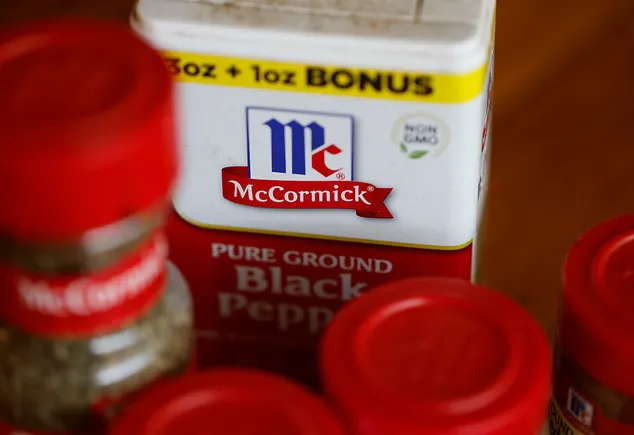Key Points:
- McCormick predicts potential annual losses of up to $90 million due to Trump administration tariffs on spices that cannot be grown commercially in the U.S.
- The company plans to increase prices selectively in response to higher commodity costs and is exploring alternative sourcing options to mitigate tariff impacts.
- Despite efforts to diversify sourcing locations, some raw materials cannot be substituted as they are not available in the U.S., posing challenges for the flavoring giant.
Insights:
McCormick is facing challenges in sourcing imported agricultural products due to tariffs, with CEO Brendan Foley highlighting the limitations of substituting certain raw materials not commercially available in the U.S.
The company’s diverse ingredient portfolio across multiple markets is impacted by rapid trade negotiations and varying duties based on geographical locations, prompting strategic measures to counter tariff effects.
Consumer demand for global flavors like yuzu or lychee is driving the need for exotic ingredients, which could see price increases due to tariffs on imported goods.
Even McCormick’s annual flavor spotlight, the Aji Amarillo pepper from Peru, is subject to tariffs, highlighting the broader impact of trade policies on the food industry.
Anticipated tariffs on spices like black pepper and cinnamon are expected to raise prices, with the American Spice Trade Association warning of potential cost implications for consumers and manufacturers.
Despite tariff challenges, McCormick’s second-quarter earnings exceeded expectations, driven by increased sales volumes and a growing interest in healthier food options among food companies.

